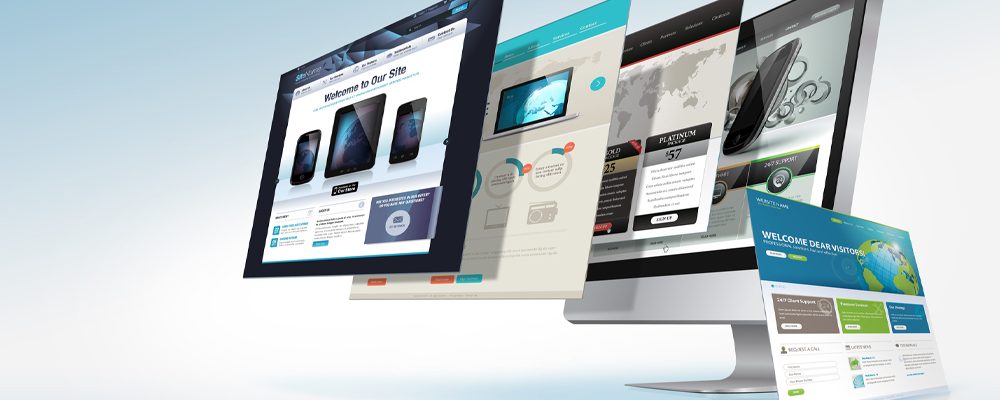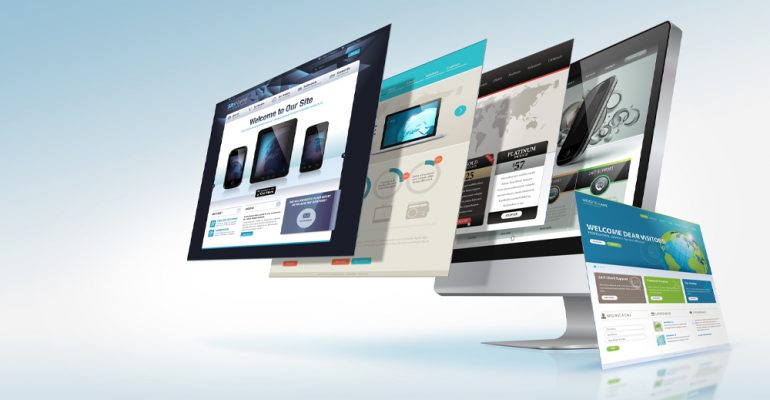
What is Compatibility Testing and why it is important for your application?

What is Compatibility Testing and why it is important for your application?
What is Compatibility Testing and why it is important for your application?
This is the era of the internet. Web browsers, applications, IoT are all the basic norms in this era, particularly in the IT world. There are millions of users all around surfing through the web and using applications. The number of browser users for online surfing has also increased with time.
Therefore, you need to make your application or website compatible with all the browsers so that it can gain maximum traction. Application Testing plays a vital role in determining the functionality of an application. Similarly, Compatibility Testing is necessary to ensure the compatibility of the application with different browsers & devices.
If you are looking for a company that does Compatibility Testing, you are in the right place. We, Sapizon Technologies are providing high-quality Compatibility Testing Services all around the world. Let us run you through the significance of Compatibility Testing and how it is relevant to the services offered by us.
Compatibility Testing
Compatibility Testing is carried out to ensure the compatibility of the application under development with different browsers. The application compatibility depends on several factors like databases, operating systems, networks, & web browsers to mention a few.
This process evaluates the behavior of the application in different kinds of environments. Automation Testing or automated tools can be used to conduct Compatibility Testing. In some cases, it can be conducted manually as well.
This process aims to ensure the expected requirements of the application are appropriately met and the user is satisfied with it.
The efficiency of Compatibility Testing
The purpose of having an application that is compatible with all the browsers is to be unique and better than your competitor. It might appear negligent on your part if the customer does not find his device or his browser compatible with your application.
Compatibility Testing assures such instances are completely avoided with your application. The application’s compatibility with all hardware, software, & operating systems will be checked in a comprehensive manner with no bugs unattended.
It ensures detection and resolving of errors before the product goes into the market. It also helps you confirm that the application meets all the requirements. This makes web or app development a vital part of the process. It should be designed in a way that makes it compatible with all the browsers & devices.
How is Compatibility Testing beneficial?
Delivering according to customer requirements.
Effective compatibility testing with all browsers, devices, operating systems, hardware, and software are conducted to ensure the complete requirements of the end-user are met and so the application can provide the customers with the best experience.
Improves the Software Development process
With compatibility testing, you can identify the bugs in the software while it is still in the development process. This makes it easier to evaluate the application’s functionality across platforms and suggest necessary fixing solutions to the developers. This results in significant improvement in software development before it goes to production.
The capability of compatibility testing to identify certain bugs and defects in the application early makes it stand out. When these problems are found before production, it makes it easier for the developers to fix the bugs quickly. It can also save time on the testing front as certain compatibility issues do not require addressing.
Compatibility testing is very efficient and helps deliver effective results. One more advantageous aspect of it is that it can be conducted in more than one way for checking the compatibility of specific types of hardware and software.
Types of Compatibility Testing
Hardware Compatibility Testing:
Various kinds of test cases are run to check the compatibility of different types of hardware and their configurations with the application. Hardware compatibility testing has one specific category which is Operating Systems. The application’s compatibility with operating systems like Windows, Mac, Linux, Android, & iOS is checked thoroughly.
Software Compatibility Testing:
The world is an enigma of different types of software in every specific field. An application must be checked for compatibility with most of the software which holds primary significance in the IT industry.
Network Testing:
It is known to all, that networks are a prominent feature in IT. Several factors combine to devise a good network. Testing is carried to ensure the compatibility of the application with all such factors. It is also checked for its performance in various types of networks like 3G, 4G, and 5G.
Browser Testing:
Browser Testing is incredibly important for the application as it is the browsers where the applications are hosted and if the application is not compatible, it is a ghost to the browser despite being on the web. Testing is conducted to ensure compatibility with all widely used browsers like Google Chrome, Mozilla Firefox, Safari, & Opera to mention a few.
Mobile Testing:
With the number of mobile application users reaching new highs every day, your application must be compatible with all kinds of mobile devices. The compatibility of the application is checked with Android, iOS, and Windows devices.
Device Testing:
Tests are conducted to ensure compatibility with different types of devices like USB, Bluetooth, SD Card, and others.
Software Version Testing:
Software gets updated on a regular basis over a specified period. It is important for your application to be compatible with updated versions of the software. Hence tests are conducted to check compatibility with different versions of the software.
How Compatibility Testing is performed?
Compatibility Testing can be a long and tedious process given the wide number of devices and browsers the application must be analyzed with. It is divided into four phases to make it easier and speed up the process.
Designing and configuring test cases:
In this phase, various test cases are designed to analyze the hardware, software, OS platforms, browsers, and other environments. This can determine the potential behavior of the application. Professional software testers could be included in this as they can relate to and identify the issues if there are any.
Setting up an environment for testing:
This phase involves the software testers setting up a suitable environment for the testing of the application.
Test execution and results:
Post setting up the environment, the software testers start executing the test cases. The results of these test cases are further analyzed, and any defects/bugs are made note of and submitted to the next phase.
Validation and retesting:
The defects and bugs found during the analysis of results are validated and resolved. The application is retested again for potential bugs before moving it to production.
Potential defects encountered:
Defects in an application software can be small and easy to resolve or highly complex. Here are a few potential defects that are quite common.
- Inconsistency in User-Interface (UI).
- Issues related to alignment.
- Issues related to the scroll bar.
- Broken tables or frames.
- Inconsistency in font size and CSS font style.
- Issues related to change in color.
- Overlapping of content or labels.
Though common, these defects can affect the functioning of your application in various ways, and leaving them unattended can lead to cause bigger and more complex defects which can be ominous for the application.
Sapizon Technologies focuses solely on identifying these defects at the earliest and driving them off. We aim to completely avoid any possibility of bigger defects coming up.
Compatibility Testing Tools
Any software related service is as good as the tool used to implement it. Similarly, compatibility testing is very efficient when high-quality tools are used in the process. The following few tools are widely used all over for compatibility testing.
Browser Stack:
Browser Stack is one of the most popular web-based testing tools used for compatibility testing. It is widely used notably by some of the leading companies. The best feature of Browser Stack is that it has a local secure testing feature which is helpful for the developer. It also features more than 1000 different browser versions.
Ghost Lab:
This tool supports any device, browser, or mobile application. It allows synchronized testing and can form inputs across all devices that are connected.
Sapizon Technologies is a leading Compatibility Testing company providing services all around the world. We have highly skilled and experienced in Compatibility Testing professionals. Our qualified Software Testers have completed more than 100 projects achieving great success. We strive hard to provide the best services to our clients and help them achieve the expected results. We offer our services to businesses across all industries and domains.